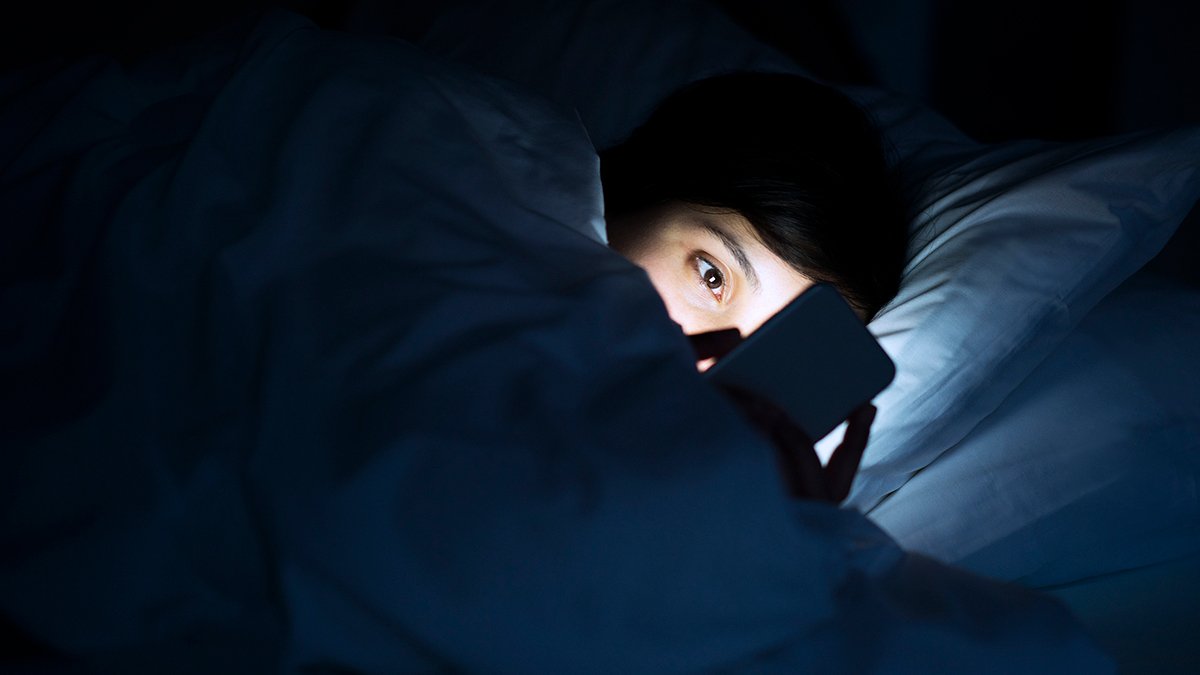
Are you unconsciously sabotaging your productivity? By eliminating these seven habits, you’ll clear your mind and free up your time to take on the day!
If it ever feels like you don’t have enough time, just remember that you have the same number of hours in the day as Beyoncé. (I mean, what can’t the woman do?)
By eliminating the nasty habits below, you’ll clear your mind and free up your time to take on the day with the same ferocity as Queen B.
What’s the first thing you do when you wake up?
If you’re like most people, you roll over to turn off your alarm — then check your email, Facebook, Twitter, Instagram, Snapchat … the list goes on. Research shows that about 80% of smartphone users check their phone first thing in the morning. Even scarier: 75% of Americans have admitted to using their phone in the bathroom.
Most of the time, looking at our phone is nothing more than a distraction that prevents us from starting our day, or something we do mindlessly when we’re bored. But as it turns out, being bored is good for creativity, because it “promotes creative association and pushes one to find deeper meaning and satisfaction,” according to Fast Company.
Stop letting gadgets get in the way of your goals, and take back control of your mornings without your phone. You don’t need it.
Exercising in the morning doesn’t have to mean going to the gym for an hour. You can get the same mental benefits with a 15-minute walk or jog. Aerobic exercise will get your endorphins going and boost the size of your hippocampus, the part of the brain involved with verbal memory and learning. The mental clarity you get as a result of exercise can last 4–10 hours.
Lists not only remind you of what you want to get done; they also tell you what you’ve accomplished. Use an app like Trello to write down three things you want to get done the next day, and make a note of how much time you think each item will take. I recommend Trello because you can create “to-do” checklists for each task, and when you’re done, you can move those tasks over to your “Done” list. It’s a great way to stay organized and keep track of the progress you’re making!
As Mark Twain once said, “If you eat a live frog first thing in the morning, you’ve got it behind you for the rest of the day, and nothing else looks so bad.”
In other words, how great does it feel to get difficult or anxiety-inducing tasks out of the way? Behavioral scientists have found that the most effective way to create an enjoyable experience and manage your time is to tackle the unpleasant stuff early in the process. So while you may not have to eat a live frog, you may want to focus on writing that essay instead of doing your laundry.
Multitasking doesn’t really mean you’re performing multiple tasks at once. It just means you’re rapidly switching between tasks. When your brain has to switch between tasks, it actually slows you down more than if you were to complete each task separately.
A study published by the American Psychological Association showed that multitasking can result in a 40% loss in productivity, particularly when those tasks involve critical thinking. In one experiment, young adults were asked to switch between solving maths problems and classifying geometric shapes. As tasks got more complex, participants lost more time. As a result, people took significantly longer to switch between more complex tasks.
The bottom line is: You improve your concentration when you do one thing at a time, which means you can do it quicker. And that’s what we call productivity!
A bed seems like the optimal place to work: It’s comfortable, it’s flat, it’s large enough to spread out. The problem is that when we use our bed as a work space, it weakens “the mental association between your bedroom and sleep,” according to Harvard’s Division of Sleep Medicine. And a good night’s sleep, as we know, is essential for productivity. Keep your schoolwork at your desk or in the library, not on your bed.
Why are we so addicted to checking email? Psychology Today explains that checking email releases a small amount of dopamine, which controls the brain’s pleasure center. Thus, we keep coming back for that burst of instant gratification, even if it only lasts a few seconds.
Researchers at the University of California, Irvine, found that people who had constant access to email and received messages steadily were always on “high alert” and had higher heart rates. Those in the study who did not have constant email access did not try to multitask as much and were also less stressed.
Set aside a few specific times each day to check your email, and then leave it alone the rest of the time, if possible. If someone needs an immediate response, they can call you.
HAMNIC Solutions is here to support your graduate journey. Our professional writing and editing expertise helps you manage your academic workload, reduce stress, and focus on well-being for a balanced academic and personal life. Visit HAMNIC Solutions to learn how we can make your student life easier and healthier, enabling you to achieve your academic ambitions without sacrificing a balanced lifestyle.